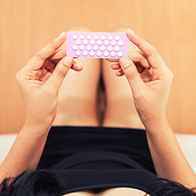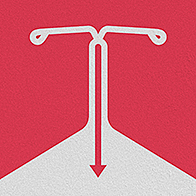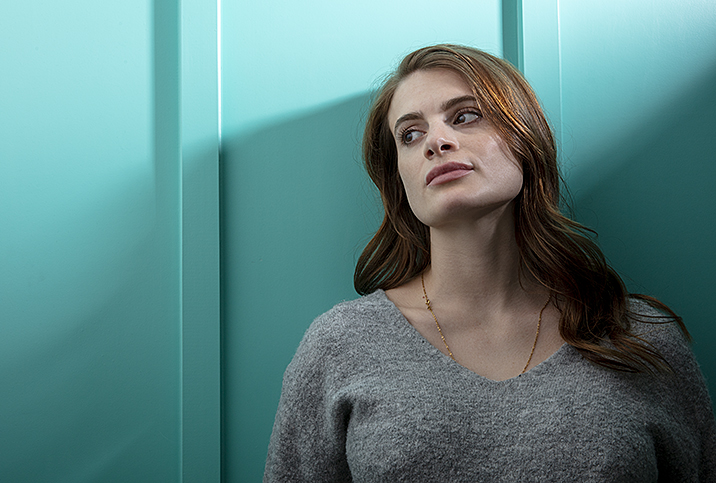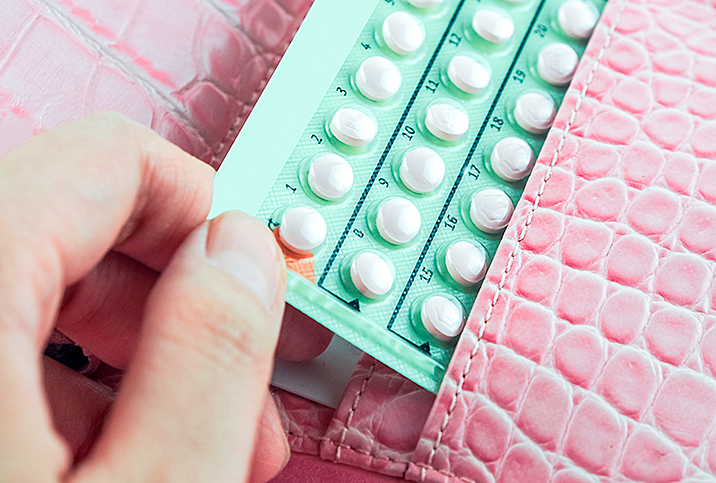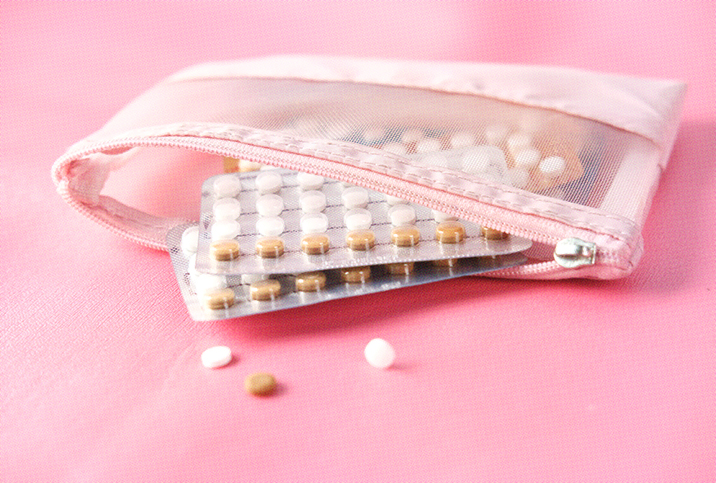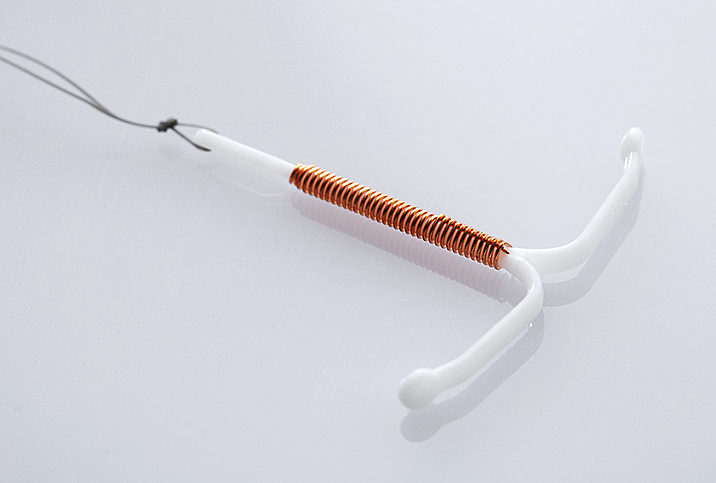What I Wish I Knew Before I Stopped Taking Birth Control

About 14 percent of American females between the ages of 15 and 49 take some sort of birth control pill, according to the Centers for Disease Control and Prevention (CDC). While some might opt for the pill to prevent unwanted pregnancy, others rely on this oral contraceptive to eliminate painful periods, regulate cycles and even reduce acne.
The pill is safe for women younger than 35 who are nonsmokers and have normal blood pressure. Long-term use is safe, and women can stay on the pill for as long as they’d like. While long-term use may increase the risk of the pill’s more serious side effects, such as liver disorders, blood clots, heart attacks and strokes, development of these side effects is very rare.
Many women ditch the pill when they’re ready to begin having children or if they feel it is no longer a sustainable option. However, getting off the pill is a decision that has both short- and long-term consequences. Using my experience, I came up with five points I wish I’d known before I got off the pill.
Your skin may change
My skin has always been as dry as the Sahara desert. Slathering moisturizer on my face throughout the day was absolutely necessary.
I started birth control shortly after getting my first period and was lucky enough to have flawless skin through high school, college and my 20s. I never worried about breakouts, but I wish I had been more mentally prepared for the possibility.
If you’ve never suffered from acne, you should do some research before jumping off the pill, especially if you’ve been on it for more than a decade. For the first month, my skin was fine, but by month two, my forehead, neck and jaw were covered in cystic acne and whiteheads. It wasn’t just upsetting, it was a total shock, and I had no idea how to handle it.
It can take a few months or up to a year for your endocrine system to balance out, especially if you’ve been pumping hormones into your system for years. Supplements like DIM, chasteberry and L-lysine might help, but everyone’s skin is different, so it’s important to talk to a doctor, a nutritionist or a dermatologist about your specific issues. And realize that most supplements are not approved or tested by the Food and Drug Administration.
Most important, though, is to be prepared for your skin to go through major changes. While my skin is doing much better nearly three years later, it’s definitely not the same, and it’s still prone to small breakouts.
Your emotions might fluctuate
One of the main reasons I got off the pill was because I started noticing an increase in depressive thoughts and anxiety. However, the first month I went hormone-free, my mood improved drastically. I experienced emotions differently and didn’t feel as apathetic or down.
While my mood went up and down as my acne took center stage, my depression is now much better overall than when I was on the pill.
On the flip side, when you first come off birth control, your newly unbalanced hormones might throw your emotions into chaos. Women are more even-tempered when they’re on the pill due to the regulation of their hormones. The mood swings are not due to a woman taking the pill but because she is reverting to her normal baseline after stopping the pill.
Your period will be different
Most people experience heavier periods after stopping birth control, but some actually have a lighter flow. It took my body about six to nine months to get back into a regular cadence, and now my period is fairly predictable.
I’m lucky, too, because my cycle is less painful and lighter than it was on the pill, and even my endometriosis symptoms have subsided.
Everyone’s cycle is different, and how your body reacts will vary. I’ve been told that if you haven’t been on birth control for very long, your cycle will likely quickly return to how it was before you started taking it. However, if you’ve been on the pill for a while, you might not remember what your cycle was like. If a woman has been taking the pill for a long time, the lining of the uterus can become quite thin, and bleeding may be light until the lining replenishes itself. As you deal with possible irregular periods in the interim, take solace in knowing that they will eventually find a new normal.
You might need to fix your gut health
The birth control pill masked many problems that were going on in my body, which I only became aware of after stopping its use. My gut issues and bloating were intense after I stopped taking birth control, and not just during my period. The solution that worked for me? I increased my consumption of prebiotics and probiotic-rich foods and took a probiotic supplement, which helped me get my gut back in balance.
The regimen also helped reduce the inflammation in my body and across my skin, and it reduced my acne significantly.
You will experience side effects
Your liver goes through a lot of stress processing the synthetic hormones in birth control pills, so you can take some steps to help your body mitigate some of the side effects when you stop taking the pill.
Supplements such as milk thistle and dandelion root can help support your liver as it readjusts to processing your body’s natural hormones. You can also take turmeric to help fight inflammation in your body during this period. Again, remember that supplements are rarely FDA-tested and approved. Definitely check with your doctor before starting any supplements, especially if you stopped the pill because you wanted to start trying for pregnancy.
Last, eating a balanced, healthy diet can help your body get back to normal as you readjust. Limit the number of fried and unhealthy foods you eat, which will reduce inflammation in your body. Limit or eliminate sugary foods and drinks, which cause a lot of inflammation.
Birth control affects everyone differently
Choosing to stop taking birth control is a very personal decision. The pill affects every woman differently, and when you stop taking the pill every day, the effects can be different for every woman, too.
As always, you should consider keeping your primary doctor in the loop about your decision, and I recommend researching as much as you can before you take that final pill, so you’ll be mentally prepared for what’s to come.







